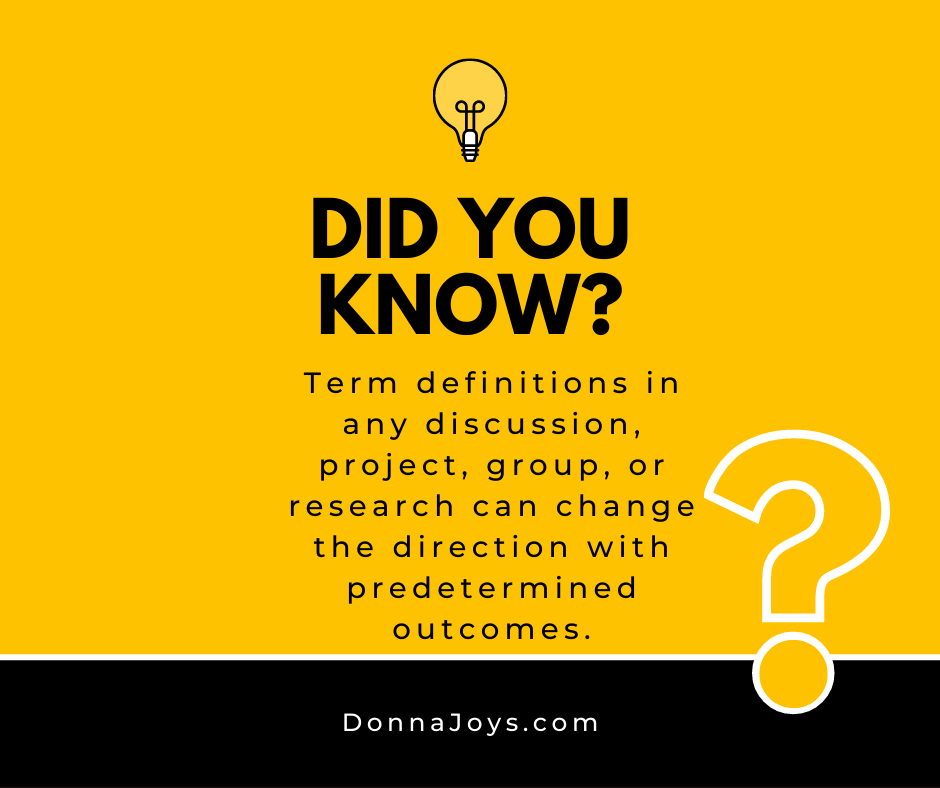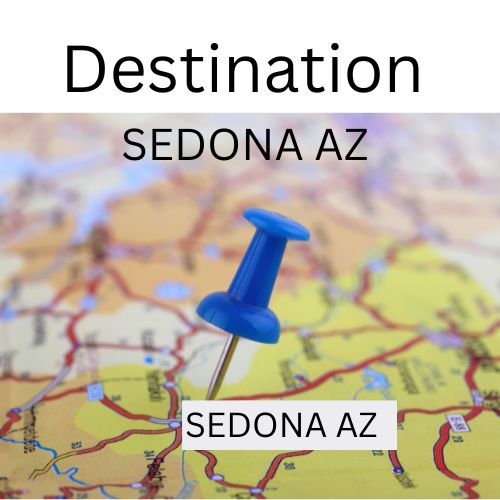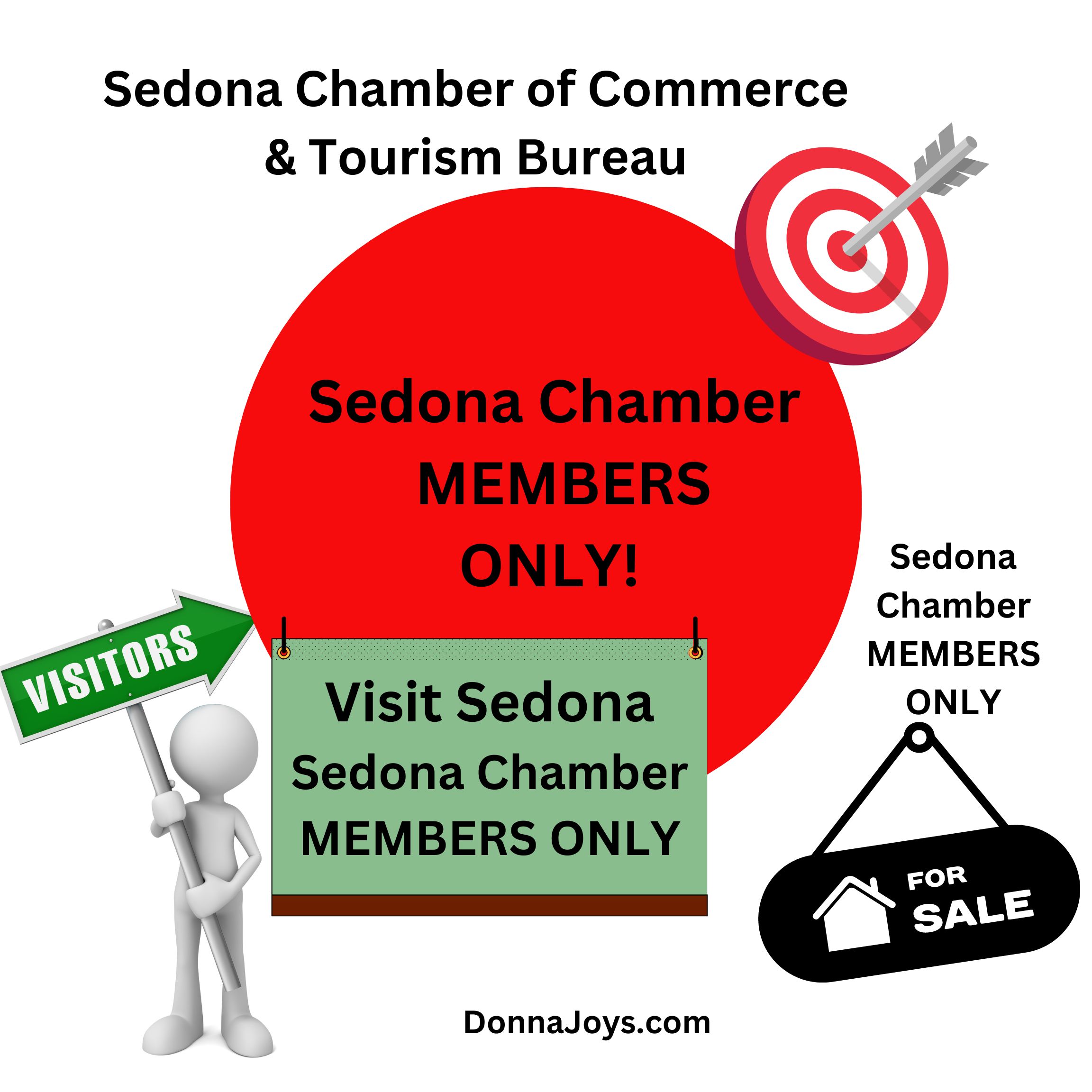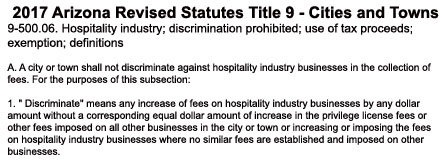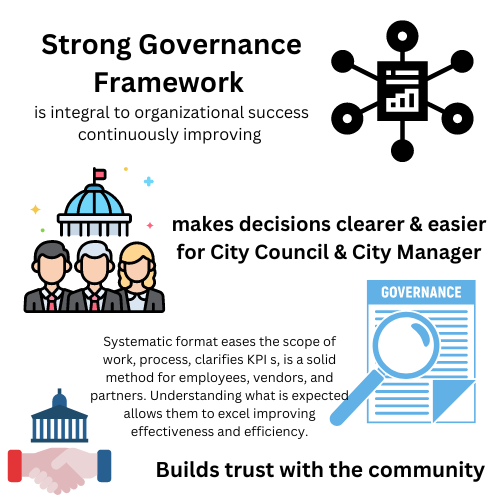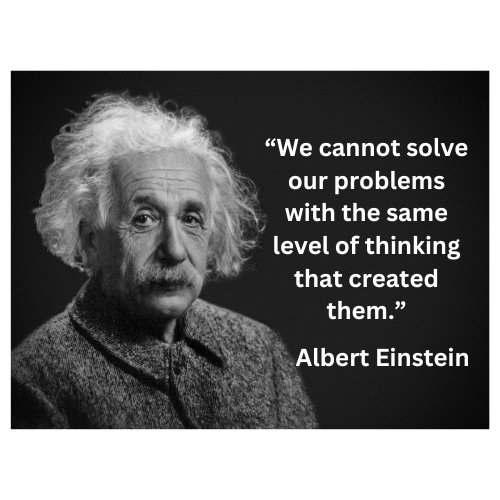There is a lot to learn from performance-based and data-driven methodology. Data-driven strategies using Total Quality Management (TQM) tools develop world class organizations. Performance-based and data-driven methodology is essential for organizations, improving the efficiency and strategic decision-making.
What we have learned from the Tourism Government Models DMO Benchmark that governments use data-driven strategies to develop Tourism policies and programs in a systematic approach to analyze the data and removing any unseen biases, conflicts of interest or assumptions.
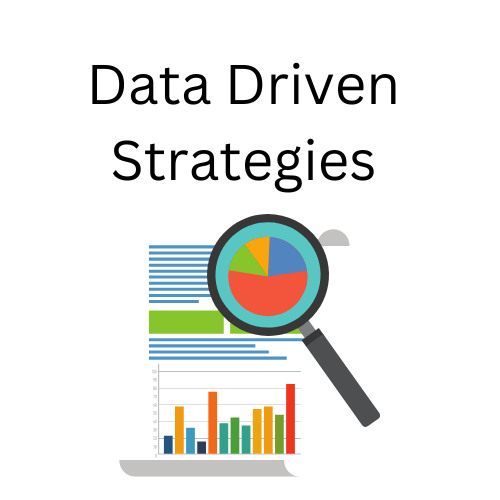
Removes any unseen biases, conflicts of interest or assumptions.
A data-driven strategy is based on collecting and analyzing data without it we are playing a guessing game. The better the data, the better the cities, governments make decisions. Data-driven metrics help form and develop targeted programs and policies. Today’s world we have all the tools for success with science, technology, engineering, and mathematics at our fingertips.
Without a systematic approach that includes knowledge, data-driven, performance-based metrics with analysis leads us to
Opinion Based Decisions

Reviewing Understanding Tourism Dollars helps us use this approach in connecting the dots of City revenues and exactly what is the restricted city-bed tax.
What metrics do we have in place currently to review for Sedona Tourism?
Since the Sedona Chamber manages the tourism program for the city. The Sedona Chamber is not a government-agency the Chamber isn’t required to disclose anything to the public. All requests for information has been ignored by the chamber.
The public Documents used were the 2020 Sedona Chamber Tax Returns and an analysis of Chamber Membership.
I’ve be tracking the composition of the Chamber Membership beginning in 2013 when I was a member.
There isn’t any targeted in-city Tourism Study – Lodging Statistics report like The City of Scottsdale report. Scottsdale includes: Trends in Tax Collection, Room Inventory, Average Room Rates and Occupancy, Room Revenues vs. Total Hotel Revenues.
Reports types and data collection companies are listed in Tourism Data Stats Resources. Most cities subscribe to Smith Travel Research (STR)
STR’s competitive benchmarking where data driven reports on city lodging and competitive benchmarking are custom configured.
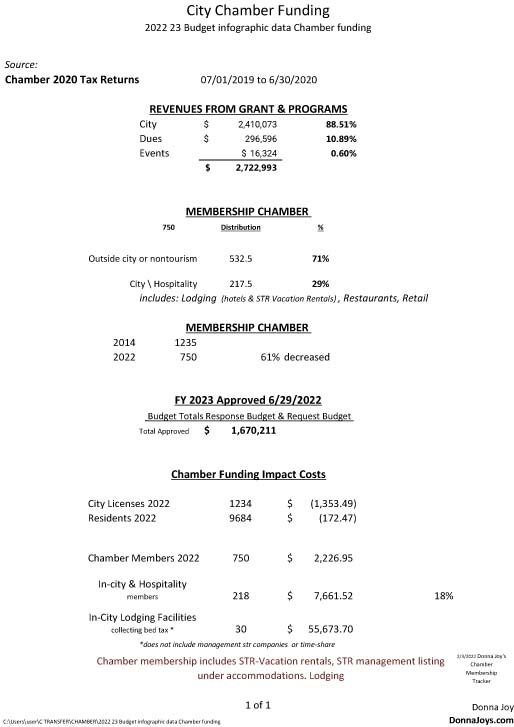
The data driven and performance records show us:
- Chamber Revenue consists of
- 89 % Public Funding (City of Sedona)
- 11% Dues & Events
- Chamber Members consists of
- Short term rental management companies under Accommodations (vacation rentals)
- NON-Hospitality businesses like Realtors, construction, churches, individuals, associations & organizations
- Chamber Membership Composition
- 29% In-City Hospitality (4% in-city bed tax collectors included in 29%)
- 71 % are non-city and or not in hospitality businesses
- Chambers Members has declined by 61% since 2014
- Potential impact costs of Chamber Funding
- $1,353 per City licensed Businesses (2022 city license report)
- $172 per residents
- $2,227 per Chamber Member
- $7,662 per each qualified in city hospitality business
- $55,674 per each in-city lodging facility including STR vacation rental chamber members
When we market through the Chamber all industries including STR Vacation rentals, realtors, construction and STR vacation home management are also marketed.
Let’s keep in mind these elements:
- Learn from Four Arizona governments how they managed Tourism: https://donnajoys.com/tourism-government-models-dmo-benchmark
- Understand more about Tourism City Taxes & usage https://donnajoys.com/understanding-tourism-dollars/
- Review how AOT & Scottsdale use Data Driven Performance Metrics in https://donnajoys.com/tourism-data-stats-resources/
- Connect the Dots and see the law on why the Sedona Chamber isn’t a Tourism Authority and can never be one. https://donnajoys.com/az-sports-tourism-authority-program-tracker/
- How the State markets Sedona https://donnajoys.com/arizona-office-of-tourism/
Sedona Tourism
The City of Sedona’s Tourism Policy
Reflexing back on the City of Sedona odd tourism policy simply makes no sense. Anyone that spoke up was ignored. It wasn’t right, fair, and didn’t algin with state tourism policy or Arizona laws. Was the no-bid contract to the regional membership of the Sedona Chamber of Commence a conflict of interests and influencing the outcome of elections? YES, it was and the new relationship with chamber continues down that road.
Understand More About Arizona’s Complex Tourism Policy, see how other cities align with it, and learn how it took Sedona over 20 years to get a fair and balanced policy.
In Arizona who manages the official Destination Tourism Policy? How is Destination Management and Marketing handled? Who pays for official tourism…
The City of Sedona launches new tourism program that promotes the businesses within the city. Do you work, own or have…
After outsourcing the city’s tourism program to the regional chamber, the Sedona City Council voted to bring the tourism program in…
The Slow Death of Sedona started way before 2013, unbeknownst to Sedona Residents.
New Municipal Destination Marketing Management Program was introduced and adopted on May 10, 2023 Sedona City Council meeting. Donna’s Email Sent…
What City “DMO” Status Means For Business and Residents By Brian Fultz, Kathy Kinsella, Holli Ploog, the City Council Tourism Work…
City Doing the Right Thing with Destination Marketing by Donna Joy Sedona, AZ — 4/26/23, 8:42 AM City Doing the Right…
There has been so much misinformation on Sedona City Bed Tax being generated from the Sedona Chamber. 9-500.06 This law is…
Sedona Chamber lied, continued to marketing Sedona, they never stopped they changed the words. City Council agreed they didn’t want to…
Sedona Chamber is a Private Group here’s why: Sedona Chamber Structure, Membership, Revenue Sedona Chamber Structure, Membership, Revenue Reviewing the Sedona…
Municipality DMOs are regulated, required to follow the laws. Taxes driven, a governmental function. AZ State Laws outline foundation and structure
The world has changed, there are many more tools for branding and marketing today. companies do their own marketing effectively and efficiently, Targeting
The City of Prescott Tourism Program is a peer city benchmark to gain an understanding of what works for the City of Prescott in regard to tourism.
Destination marketing organizations are generally tied to the government and typically funded through tourism taxes. From Wikipedia, the free encyclopedia “DMOs…
Destination marketing organizations are generally tied to the government and typically funded through tourism taxes. From Wikipedia, the free encyclopedia “DMOs…
Benchmarking is used throughout many industries as method to improve the quality and efficiency. Methodology benchmarking information can then be used…
Destination Marketing Programs: City of Scottsdale, Experience Scottsdale & Sedona Chamber of Commerce. Overview & City of Scottsdale Overview Benchmarking peer…
What does it mean to be an Accredited with a Destination Marketing Accreditation Program (DMAP)? This is a business association “Destination…
Tourism data and stat collections show us how the tourism industry is performing. Using data, stats and custom reports from research…
Arizona Office of Tourism is the state’s expert for Tourism. It is extremely impressive. Robust and a great resource. The Arizona…
A.R.S. § 5-802 Formation of Authority 5-802. Formation of authorityA. The tourism and sports authority is established. The boundaries of the authority…
How is Sedona Tourism and Hospitality industry growing? According to the City Financial Reports Sedona Tourism is growing. 2021 Bed Tax…
Arizona Governments Tourism Program Benchmark Arizona Destination Marketing organizations are defined by the Arizona Office of Tourism, “It is the responsibility…
City Economic Development Advisory Boards Benchmark What type of policy do other Cities and Towns in Arizona for Economic Development Advisory…
A.R.S. § 9-500.11 Expenditures for economic development A.R.S. § 9-500.11 Expenditures for economic development A.R.S. § 9-500.11 Arizona Cities or TownsExpenditures for economic development;…
A.R.S. § 9-500.06. Hospitality industry; discrimination prohibited; use of tax proceeds; exemption; definitions 9-500.06. Hospitality industry; discrimination prohibited; use of tax proceeds;…
February 23, 2015. 9-500.06. Hospitality Industry; discrimination prohibited.

